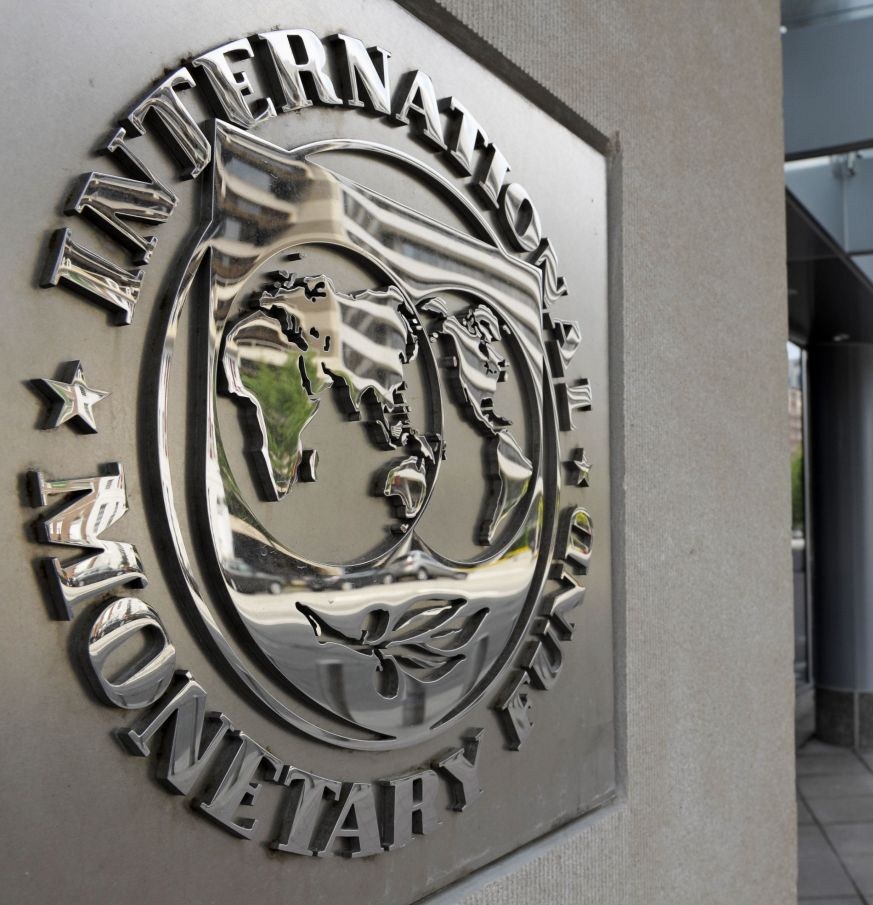The International Monetary Fund (IMF) has commended the Government of Guyana for making the unpopular but necessary decision to shrink the sugar sector. It stressed however that doing this in a disorderly fashion would come with major economic and social costs.
In its 2018 Article IV mission report, the Fund said that the restructuring of Guyana Sugar Corporation (GuySuCo) included a reduction in its workforce and the establishment of a Special Purposes Unit at NICIL, tasked with divesting some of its assets.
As part of that process, the Fund noted that different revenue streams are being pursued, including co-generation of electricity with sugarcane bagasse, production of plantation white sugar, and investment in packaging facilities. That process envisions the privatization of three out of six sugar estates. The Fund said that while this avenue involves significant upfront costs, it should strengthen the fiscal position in the medium-term by placing a downsized GuySuCo on a sustainable financial footing.
It emphasized, however, the importance of Government providing a safety net to protect those affected by this process given the economic and social implications, geographic concentration of the displaced workers (which amplifies spillovers to the impacted regions’ economies) and the difficulties sugar workers may face transitioning to other occupations.
In an attempt to quell the concerns of the Fund, the Government said that the on-going restructuring and downsizing of GuySuCo recognized the importance of an appropriate safety net for those affected by that process. It said that several programs have been put in place to help displaced workers, including re-employment in the revitalization of sugar estates, and in drainage and irrigation activities.
The Government also informed the Fund that many former employees have received severance payments, and payouts to others who qualify are in progress. It said, too, that re-training programs are being offered, as well as some assistance to support workers in starting small businesses.











